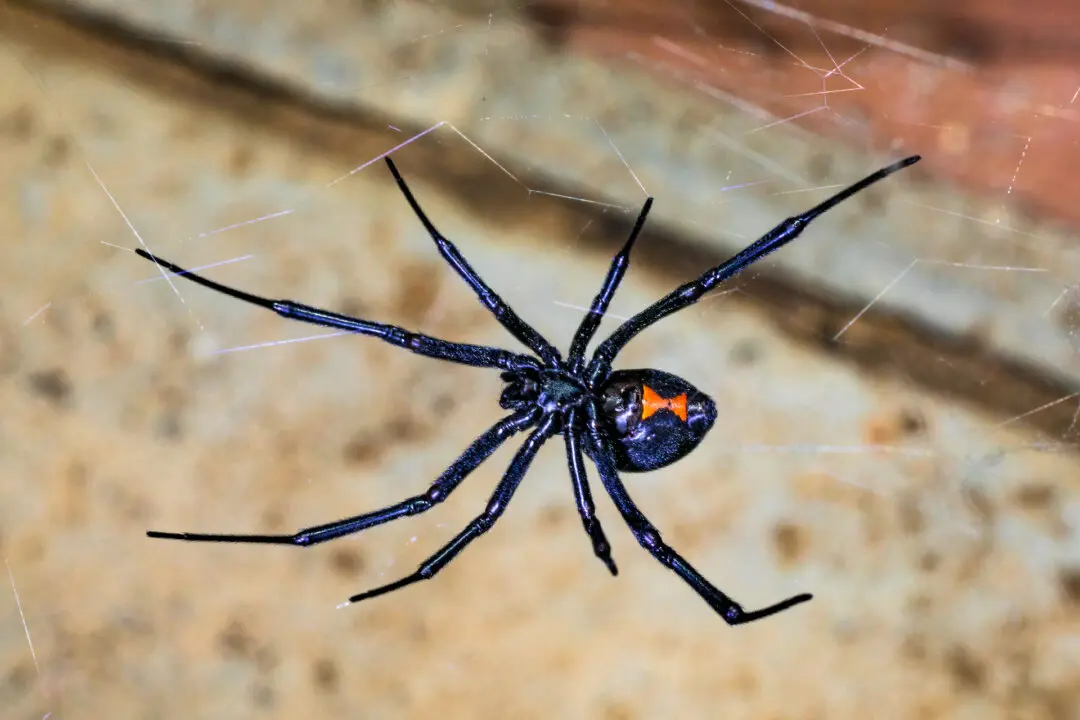Q: We took Jake, our 10-week-old pit bull, to the veterinarian because he has very little hair and scratches almost constantly, even though we see no fleas. The vet said Jake has Demodex mites and prescribed a monthly chewable pill that kills them as well as fleas and ticks. Where could Jake have caught the mites? Can he pass them to us or our other dog?
A: Demodex mites are normally present in small numbers on dogs’ skin, so you don’t need to worry about Jake passing them to other dogs. And since these mites are species-specific, they won’t spread to humans, cats, or other pets.





